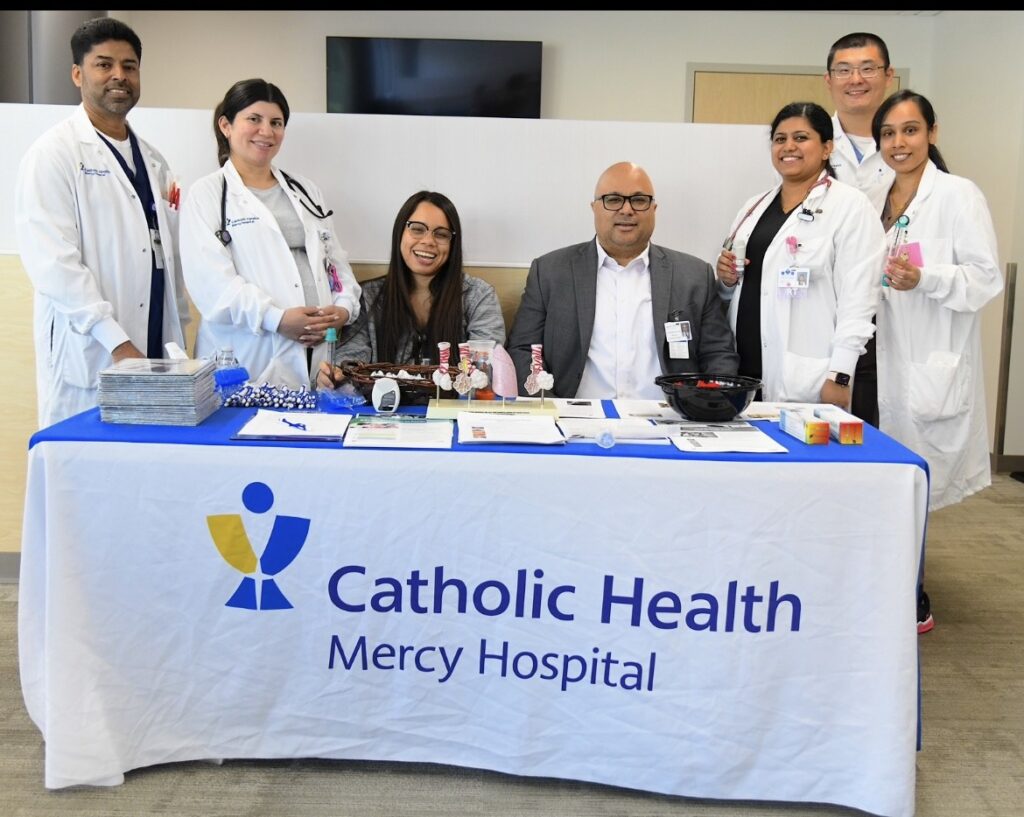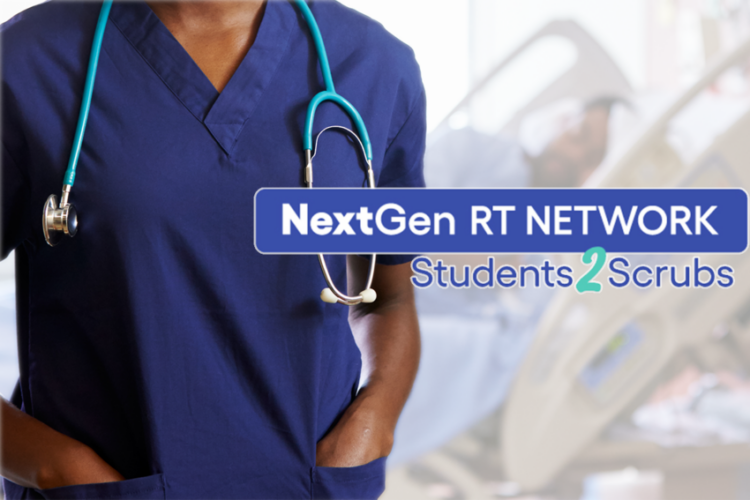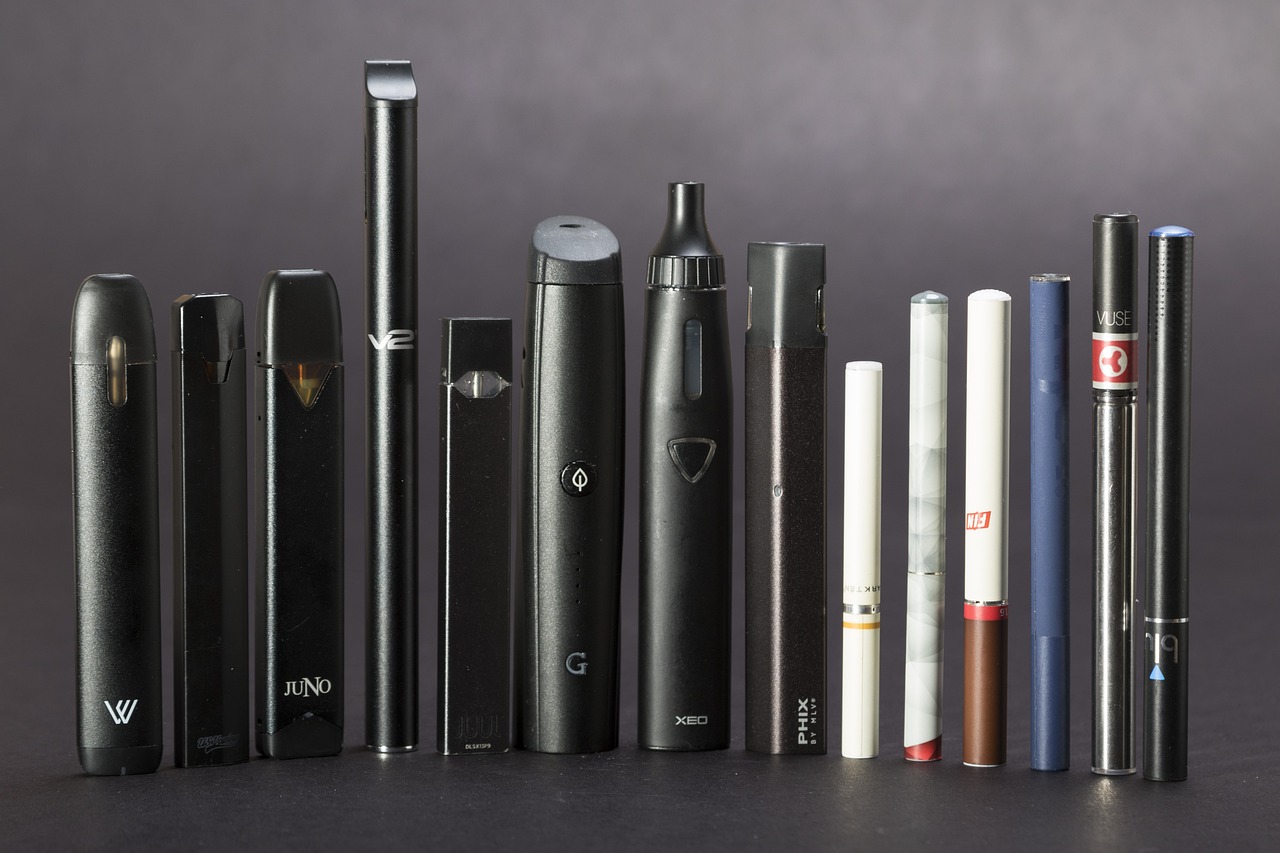
By Al Quinones, DHA, MA, RRT, RPFT, AE-C and Brenda De Aza Santana, BS, RRT, AE-C
Understanding the regional impact of asthma in Long Island, New York, the Respiratory Therapy department of Mercy Hospital recently developed a first-of-its-kind Asthma Self-Management Training (ASMT) program within Catholic Health Services of Long Island (CHSLI). The program successfully identifies and provides training and support to pediatric and adult asthmatic patients seen in our emergency department, outpatient family clinic, inpatient rooms, and sister hospitals within CHSLI.
Creating an ASMT program takes a village, with many challenges outside of asthma education. Most notably including financial support, administrative and medical leadership buy-in as well as marketing to patients and providers.We began this process by registering our asthma educators with the National Plan and Provider Enumeration System to bill for services through Medicaid.1 This was followed by successfully securing a $100,000 grant aimed at improving the health and well-being of vulnerable New Yorkers from the Mother Cabrini Health Foundation.2 These funds went towards staffing hours, learning materials, medical devices, and technology costs.
Collaboration with Pharmacy and Social Work leadership enabled patients in need to access free medication through the CHSLI “Meds to Beds” program and transportation to ASMT sessions, respectively. Additionally, the CHSLI departments of Financial Integrity and Patient Access were instrumental in developing a sustainable reimbursement structure for the program. With a clear need in our community for this type of program paired with a sound financial foundation, the ASMT received hospital approval to begin operations.
Getting the word out was kicked off with collaboration from Nursing Leadership which organized and provided a catered “lunch and learn” on the ASMT program for nearly 80 Physicians and Advanced Practice Providers. This was followed by the CHSLI department of Public and Community Relations publicizing it through internal communications, newsletters, local newspapers and securing an 8-minute interview with a local cable channel, the Catholic Faith Network (CFN).3 The television spot featured program director Al Quinones, DHA, MA, RRT, AE-C, and coordinator Brenda De Aza Santana, BS, RRT, AE-C, who discussed the importance of asthma education and how patients can benefit from the program.
The clinical foundation of the ASMT is the National Asthma Education and Prevention Program, Third and Forth Expert Panel on the Diagnosis and Management of Asthma.4 The educators are registered respiratory therapists who are certified as asthma educators. ASMT sessions include:
- Assessing initial and ongoing asthma control.
- Evaluating patient baseline and ongoing disease knowledge.
- Training patients on indications for and use of medications and devices.
- Working with patients to identify and eliminate asthma triggers.
- Partner with patients to develop an individualized asthma action plan.
- Providing peak flow meters, medication holding chambers, and asthma friendly pillowcases.
After launching the ASMT last spring, new issues became evident, the first of which included IT challenges such as tweaking the recently implemented billing process, scheduling calendar, and patient referral work queues within CHSLI’s existing electronic information System, Epic. Another was patient feedback which revealed a need for additional support such as home nebulizer compressors and air purifiers. Finally, it quickly became apparent that reminders were necessary to keep the ASMT front of mind for providers that could now provide referrals through Epic.
Four months into the program, initial patient analysis metrics have been positive, with a mean satisfaction score of 4.9/5 and a mean knowledge score increase of 22% when evaluated at the second session. These early results are encouraging, and we look forward to publishing a comprehensive analysis of the program outcomes in 2025.
- Provider view – initial application – NPPES – hhs.gov. (n.d.). https://nppes.cms.hhs.gov/assets/How_to_apply_for_an_NPI_online.pdf
- Grants & Programs. Mother Cabrini Health Foundation. (2024b, April 29). https://cabrinihealth.org/grants-programs/
- Catholic Faith Network, [CFN]. (2024, July 1) CFN Live – Catholic Health: Asthma Management Program. Vimeo. https://vimeo.com/973387239/56155b0c39
- U.S. Department of Health and Human Services. (n.d.-a). 2020 focused updates to the Asthma Management Guidelines: A report from the National Asthma Education and Prevention Program Coordinating Committee Expert Panel Working Group. National Heart Lung and Blood Institute. https://www.nhlbi.nih.gov/resources/2020-focused-updates-asthma-management-guidelines








